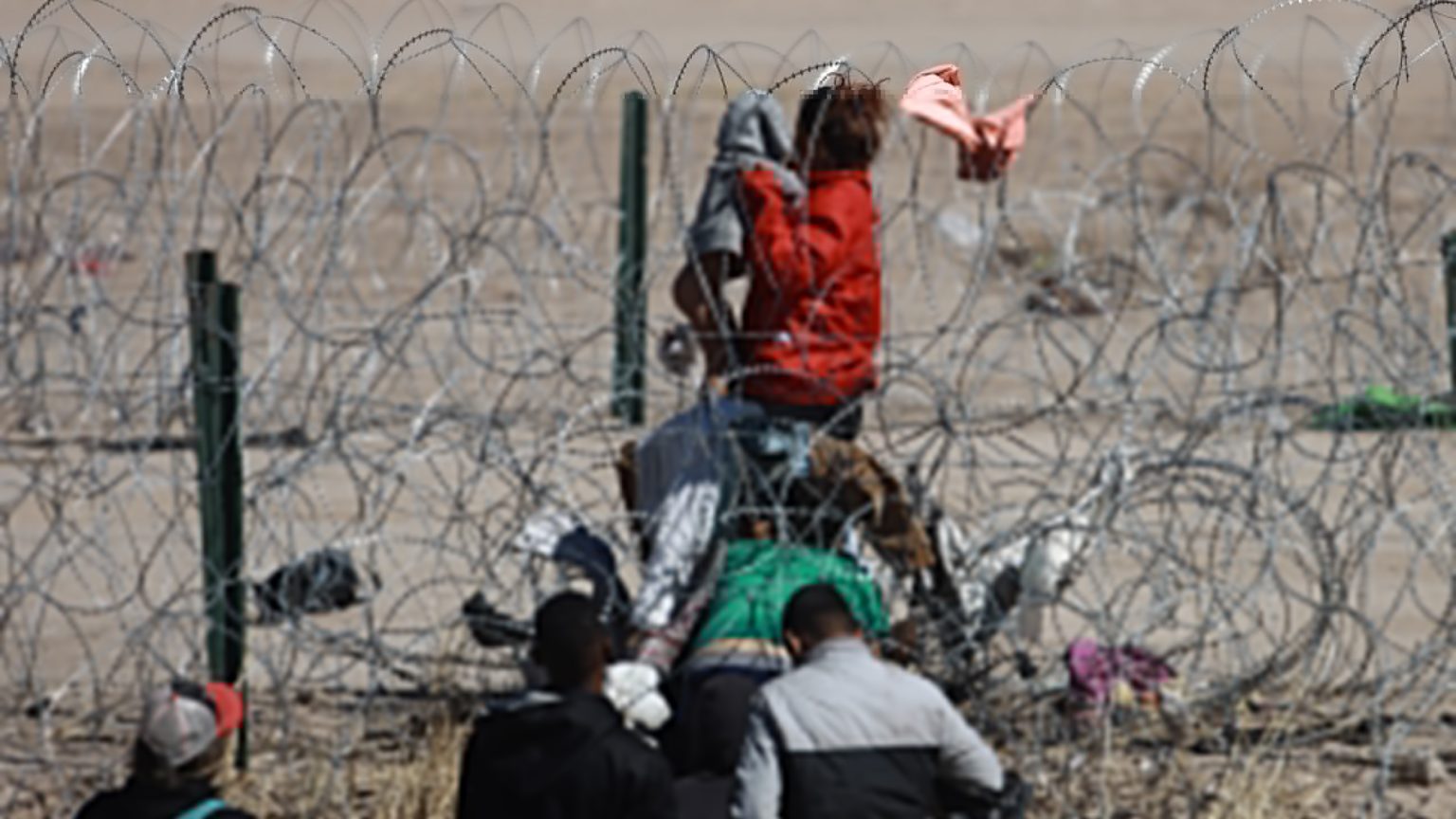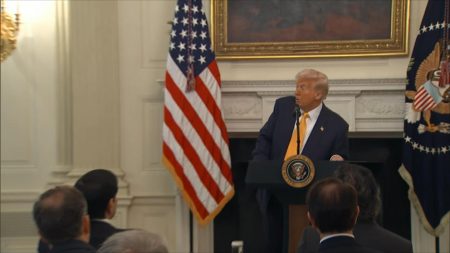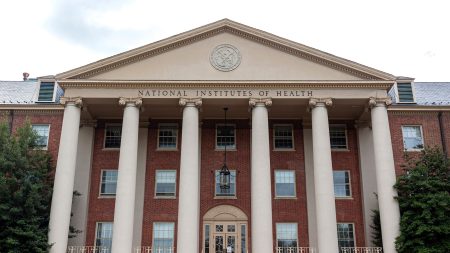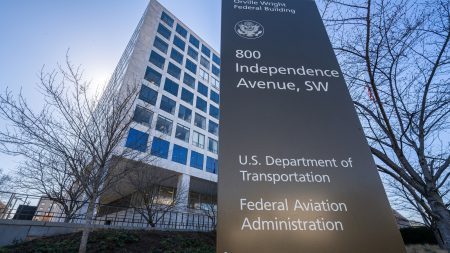The Trump Administration Reverses a Controversial Decision Impacting Migrant Children
In a dramatic reversal, the Trump administration has rescinded a stop-work order that had effectively cut off funding to organizations providing critical legal assistance to unaccompanied migrant children. The order, which was issued earlier in the week, had sparked widespread concern among advocates and organizations that support these vulnerable youth. According to a memo obtained by ABC News, the Department of the Interior sent a letter to affected organizations informing them that the stop-work order, initially issued on February 18, 2025, had been canceled. This decision comes as a relief to groups like the Acacia Center for Justice and its subcontractors, who were instructed to halt all activities related to their work with migrant children facing deportation. These organizations play a vital role in ensuring that young migrants receive the legal representation they so desperately need.
The Devastating Impact of the Stop-Work Order
The initial stop-work order had sent shockwaves through the community of organizations dedicated to supporting migrant children. The Acacia Center for Justice, one of the primary groups affected, serves approximately 26,000 migrant children. The order to cease all activities was met with alarm, as it effectively stripped these children of their access to pro bono legal representation and other forms of assistance. Groups like the Acacia Center and Kids in Need of Defense (KIND) were quick to voice their concerns, describing the order as "devastating." Wendy Young, president of KIND, highlighted the unimaginable difficulty a child would face in navigating the complex immigration system without legal support. "To expect a child, especially a five- or six-year-old, to figure out their immigration case and how to navigate that system in a language they don’t speak, it’s virtually impossible," she told ABC News. This sentiment underscores the critical importance of the services provided by these organizations.
The Plight of Unaccompanied Migrant Children in the Immigration System
The rescission of the stop-work order brings attention to the broader issue of unaccompanied migrant children navigating the immigration system without legal representation. According to data from the Department of Justice, in 2023, only 56% of unaccompanied minors in immigration courts had legal counsel. This startling statistic highlights the significant barrier these children face in understanding and advocating for their rights. Without legal representation, these young migrants are left to fend for themselves in a system that is both complex and intimidating. The consequences of this lack of representation can be dire, as children may be unable to present their cases effectively, leading to potential deportation or other unfavorable outcomes. Organizations like the Acacia Center for Justice and KIND play a pivotal role in bridging this gap, providing the legal support that these children so urgently need.
The Role of Organizations in Supporting Migrant Youth
Organizations like the Acacia Center for Justice and Kids in Need of Defense are indispensable in the fight to protect the rights of unaccompanied migrant children. These groups provide not only legal representation but also other forms of support that are essential for the well-being of these young migrants. The Acacia Center for Justice, for instance, works with subcontractors to ensure that migrant children receive comprehensive assistance, ranging from legal aid to social support. The work of these organizations is not just about providing legal services; it is about ensuring that these children are treated with dignity and fairness in a system that often seems designed to work against them. By providing pro bono legal representation, these organizations help level the playing field, giving migrant children a fighting chance to present their cases and secure a safer future.
The Bigger Picture: Advocacy and the Fight for Justice
The rescission of the stop-work order is a significant victory for advocates of migrant children’s rights, but it also serves as a reminder of the ongoing challenges faced by these young migrants. The initial issuance of the stop-work order highlighted the vulnerability of these organizations and the critical services they provide. The swift reversal of the order suggests that public outcry and advocacy can have a powerful impact on policy decisions. However, the fact that such an order was issued in the first place underscores the broader struggles faced by migrant communities in the United States. Advocates like Wendy Young and organizations like KIND and the Acacia Center for Justice remain committed to ensuring that the rights of these children are protected, but the fight for justice is far from over. Continued advocacy and support are essential to safeguarding the rights of unaccompanied migrant children and ensuring that they receive the legal representation they deserve.
Moving Forward: The Need for Continued Support and Advocacy
As the dust settles following the rescission of the stop-work order, it is important to recognize the ongoing need for support and advocacy on behalf of unaccompanied migrant children. While the reversal of the order is a step in the right direction, it does not erase the broader challenges faced by these young migrants. The statistics on legal representation for unaccompanied minors in immigration courts are a stark reminder of the work that still needs to be done. Organizations like the Acacia Center for Justice and Kids in Need of Defense will continue to play a vital role in providing legal and other forms of support to these children. However, their efforts cannot succeed in isolation. Public awareness, continued advocacy, and sustained support are all essential to ensuring that these organizations can continue their critical work. By standing together in support of these vulnerable youth, we can help create a more just and equitable system for all.















